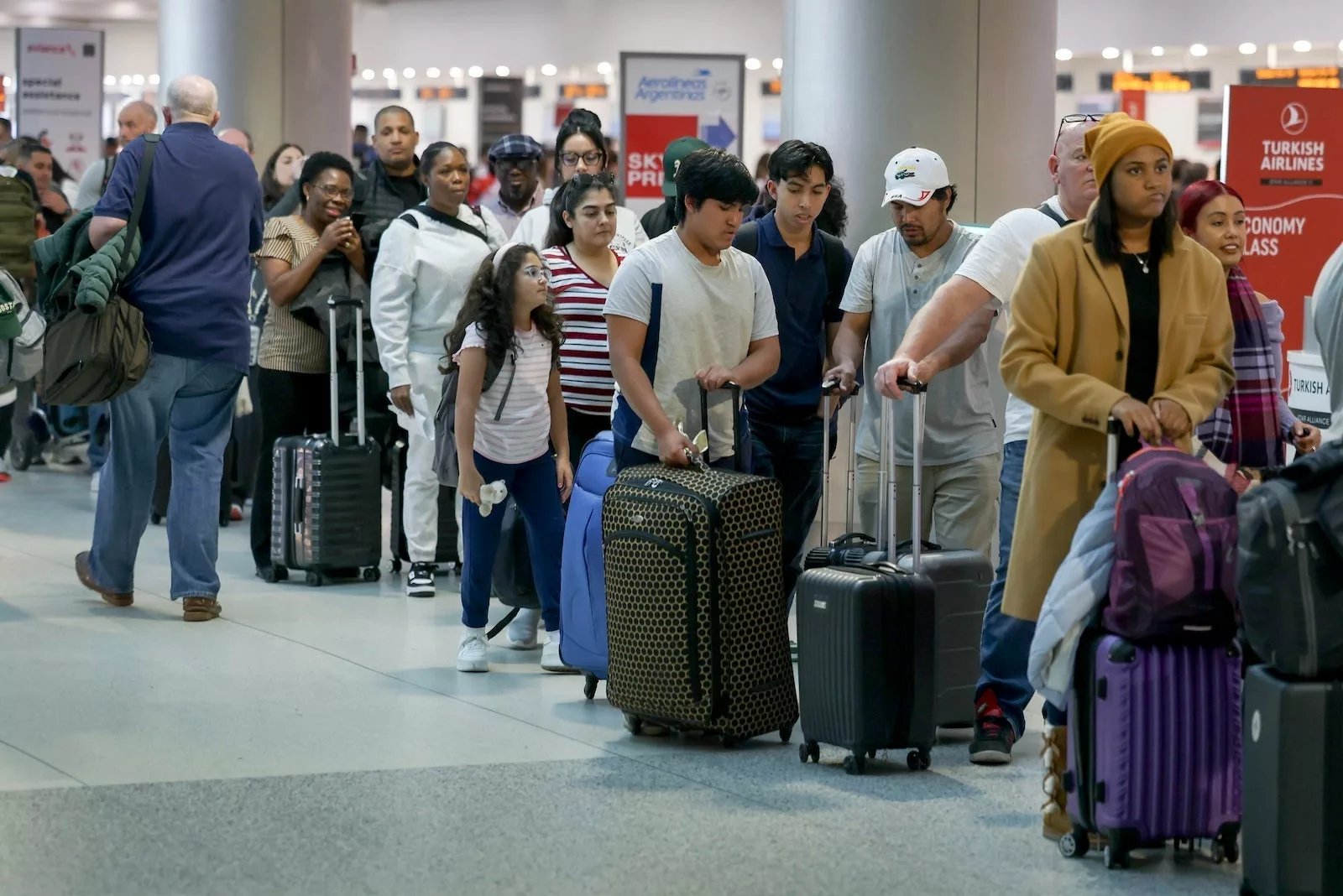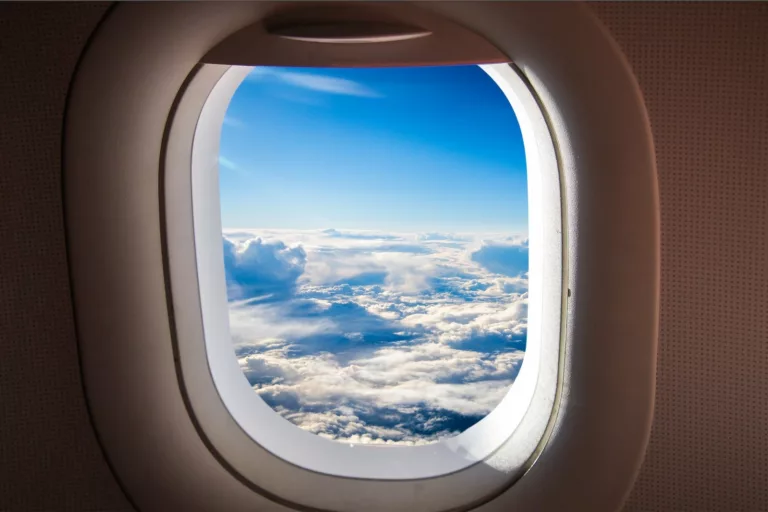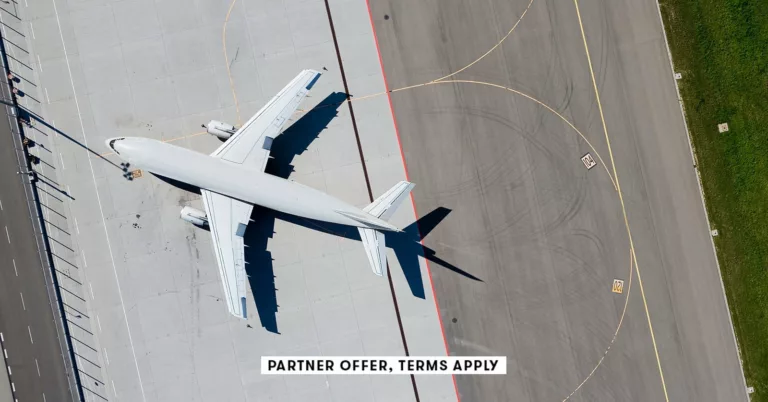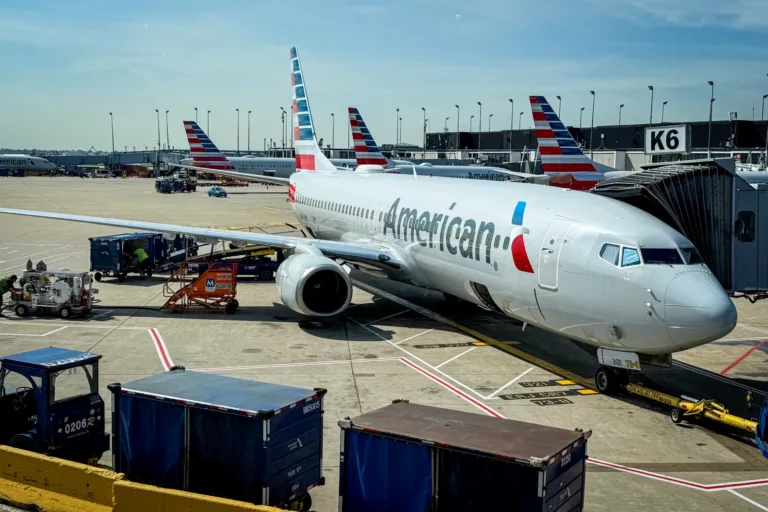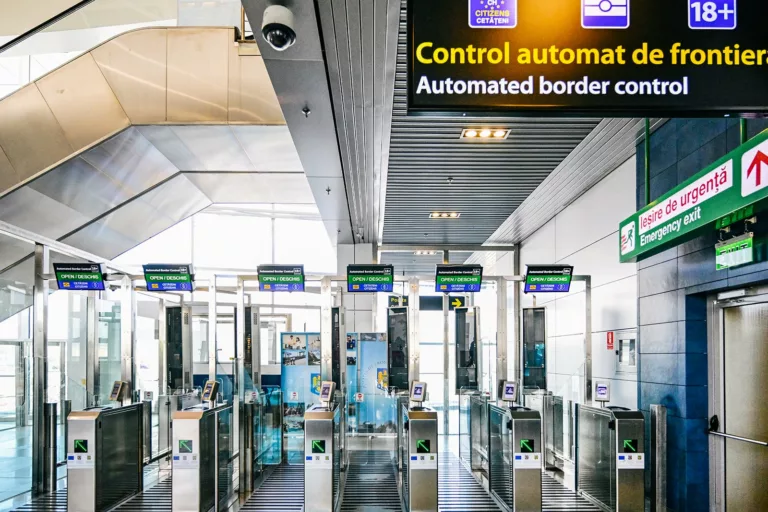Understanding Your Rights as an Airline Passenger Amid Recent Changes
Airline passenger rights have come under scrutiny recently, following reports that airlines are lobbying the Trump administration to roll back various consumer protection regulations. This has raised questions about what rights you still have as a traveler in the United States. While the situation remains fluid, the good news is that most existing protections are still in place—at least for now. Here’s what you need to know to navigate your rights as a passenger.
Key Passenger Rights Still in Effect
1. Refunds for Cancellations and Delays: If your flight is canceled or significantly delayed, and you choose not to take the rescheduled flight, you are entitled to a full refund. Should you opt to take the flight or accept a new itinerary, refunds are not available. However, if you qualify for a refund, recent regulations dictate that it must be processed automatically to your original payment method. This means airlines cannot simply offer vouchers or flight credits in lieu of cash.
2. What’s Included in Your Refund: Refunds must also encompass any additional fees you paid, such as for checked luggage or seat assignments. This rule applies to canceled flights and domestic flights delayed for three hours or more, as well as international flights delayed by six hours. Keep in mind that refunds only cover the unused segments of your trip; for example, if you decide not to fly back on a round trip, you will only receive a refund for that leg.
3. Refunds for 24-Hour Cancellations: You are entitled to a full refund within 24 hours of purchasing your ticket, provided you booked at least a week in advance. This policy may not apply if you booked through an online travel agency or a credit card portal, although many of these services do offer a similar cancellation option.
4. Tarmac Delay Regulations: Airlines are required to provide food and water during tarmac delays exceeding two hours. For domestic flights, passengers must be given the option to deplane after three hours on the ground; for international flights, this requirement kicks in after four hours. If airlines violate these regulations, they may face fines, but passengers will not receive compensation.
5. Consumer Rights Dashboard: The Department of Transportation (DOT) has maintained its air travel consumer rights dashboard, which outlines airline policies regarding meals, hotel accommodations, and ground transportation costs when a flight is canceled or significantly delayed due to the airline’s fault. This dashboard also assesses airlines on their family seating policies.
Recent Developments and Proposals
In December, a proposal was introduced to require airlines to provide cash compensation for delays and cancellations. Under this proposal, passengers could receive at least $200 for delays of three hours or more, particularly when the delay was due to airline-related issues. Compensation amounts would increase for longer delays and cancellations. Additionally, the DOT considered formalizing airline policies for reimbursing passengers for expenses incurred due to delays, such as meals and hotel stays.
However, following the recent announcements from the Trump administration, this proposal is set to be rescinded. The DOT stated it would enforce existing consumer protection laws mandated by Congress but may reconsider additional regulations from previous administrations that exceed statutory requirements.
Airlines for America, the industry’s lobbying group, has actively sought to withdraw consumer protections, arguing that they impose unnecessary burdens. Their requests include eliminating the automatic refund rule during cancellations and major delays, as well as a pricing transparency rule that allows passengers to see the total cost of tickets upfront. They also aim to dismantle the consumer rights dashboard and cease the publication of data in the monthly Air Travel Consumer Report.
Implications for Travelers
While it’s uncertain how many of these requests will be granted, the potential impact on air travelers could be significant. The airline industry argues that regulations like the proposed compensation rule would lead to higher ticket prices and reduced accessibility for budget-conscious travelers. However, it’s important to note that airfares in Europe, where similar compensation rules exist, remain competitive with those in the U.S., even among low-cost carriers.
Given the current landscape, it’s wise for travelers to keep a financial safety net available for unexpected expenses while traveling. Booking with a credit card that offers built-in travel insurance can be particularly beneficial, as these protections can cover costs such as last-minute hotel stays or transportation when faced with travel disruptions, including those caused by weather.
Conclusion
As the air travel landscape continues to evolve, understanding your rights as a passenger is crucial. While many protections remain intact, the ongoing push for deregulation could change the way airlines operate and the level of service provided to consumers. Staying informed and prepared will help you navigate any challenges that may arise during your travels.

